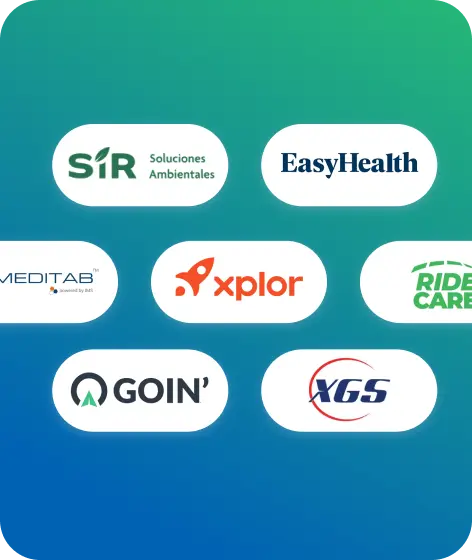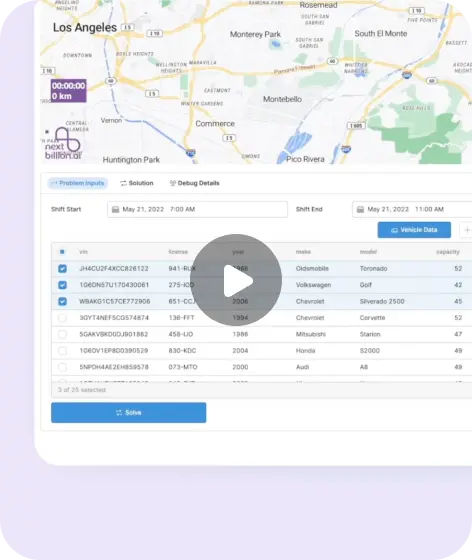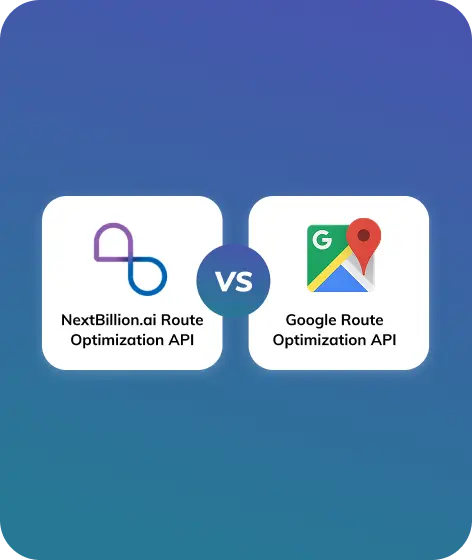Table of Contents
What is B2C Logistics?
B2C, or business-to-customer logistics, refers to the process of delivering products and services directly to customers or end users from a business without the involvement of a middleman. It includes processes like order fulfillment, inventory management, and last-mile delivery to ensure products will be delivered to end-users most optimally. It enables businesses to meet customer’s expectations and provide seamless and timely delivery.
B2C logistics service is a crucial part of businesses as it ensures the smooth flow of the supply chain and increases customer satisfaction. Unlike B2B logistics, it serves end users. It is a relatively simple process that deals with smaller, individual orders and prioritizes faster delivery to meet the customer’s expectations. Businesses need to efficiently use B2C solutions to optimize their logistics strategies and meet the customer’s needs effectively.
Characteristics of B2C Logistics
B2C logistics is crucial for efficient supply chain management and for optimizing complex logistics processes. It provides customized services according to the needs of individual customers. Some of its characteristics are:
- Individual Orders: It typically deals with the individual orders placed by customers. The e-commerce and retail industries are heavily dependent on B2C logistics to deliver products and services to customers’ doorsteps.
- Speed and Convenience: It places a heavy emphasis on speed and convenience. To enhance the shopping experience, it provides timely deliveries and flexible options such as same-day or next-day delivery.
- Last-Mile Delivery: It is an important feature of B2C logistics. It offers the transportation of goods from a local distribution store to customers’ doorsteps to enhance the customer experience.
History of B2C Logistics
The idea of the B2C model first came in 1979 and used television as the medium to reach customers. Traditionally, it refers to mall shopping, pay-per-view movies, and infomercials. However, with the rise of the Internet, a whole new B2C business channel has been created in the form of e-commerce, or selling goods and services over the Internet. Although during the dotcom revolution, investors’ interest dwindled and venture capital dried up, B2C companies like Amazon survived this fall and have seen tremendous success since then. To survive in the market, it is important to establish healthy relationships with end users. It helps businesses and organizations carry out cost-effective, speedy, and last-mile delivery, which enhances their productivity and reputation among customers.
Types of B2C Logistics
There are commonly four types of B2C logistics models that most businesses and organizations use to target customers:
- Direct Sellers: It is a common model in which customers buy goods from online retailers. It includes manufacturers, small businesses, or online versions of department stores.
- Advertising-based B2C: It uses free content to get users to a website, which in turn comes across digital or online ads. In this model, a large volume of web traffic is used to sell products and services.
- Community-based: In this model, online communities, based on shared interests, help businesses promote their products directly to consumers.
- Online intermediaries: These are businesses that don’t own products or services but put buyers and sellers on the same page.
Challenges of B2C Logistics
Unlike B2B logistics, it is a relatively simple and cost-effective business. However, B2C logistics also faces challenges, which are listed below.
- Poor Inventory Management: Inventory management is a subtle yet crucial part of the supply chain. Businesses need to ensure that orders are managed promptly and accurately. The key to managing inventory is knowing when demand rises and when it falls. There is usually a matter of “too little” or “too much,” which results in poor inventory management.
- Tracking of Order Status: Most B2C firms face this issue since they do not have a good system in place for tracking orders. The tracking system should be reliable; otherwise, businesses will suffer. An ideal tracking system should correctly estimate delivery dates, show the real-time status of individual customer orders, and provide regular delivery updates to end users.
- Delay in Shipping: The most significant challenge in B2C logistics is the delay in shipments. It is the first and most critical step in supply chain management. It will impact the business’s reputation and relationships with customers. The shipments can be delayed due to bad weather conditions, port congestion, space shortages on vessels, poor management, and pirate attacks.
- Potential Fraud: Another challenge that B2C logistics faces is fraud or scams. It can come from a variety of sources along the supply chain like someone taking advantage of an upstream disruption or misleading inventory at a warehouse.
- Warehouse Storage Facility: Warehouse management has a deep impact on B2C logistics. It affects most of the order management and shipping processes of businesses and organizations. It ensures that orders are processed on time and delivered efficiently to customers. An ideal warehouse must have a lot of storage space, a lineup of experienced workers, proper time management, and speedy communication service.
As discussed, B2C logistics is a crucial part of businesses as it ensures the smooth flow of the supply chain and increases customer experience. It allows greater customization and adaptation of logistics services according to the needs of customers or end users. It maintains communication and collaboration between different actors involved in the supply chain, which contributes to improving efficiency, service quality, and the company’s revenue.
We know that every business is different and we care about your unique needs.
With NextBillion.ai's Map API you get- Large Distance Matrix API with a Matrix size upto than 5000*5000
- Optimal routes with accurate ETAs
- Flexible navigation SDK that's easy to integrate and ready to use for developers
- Quick and accurate location data
- Track and trace routes taken along with other map attributes
- Create custom tiles for your interactive maps. Personalized to fit your brand aesthetic.




